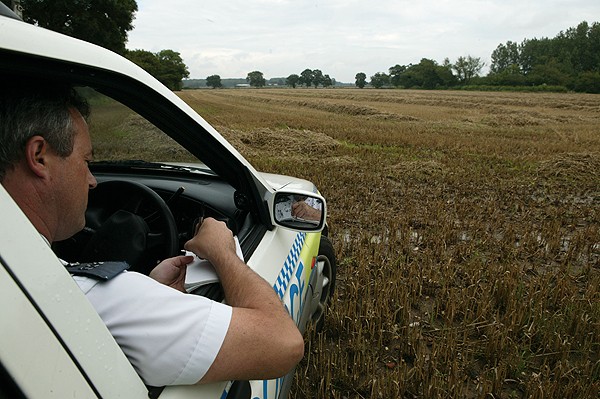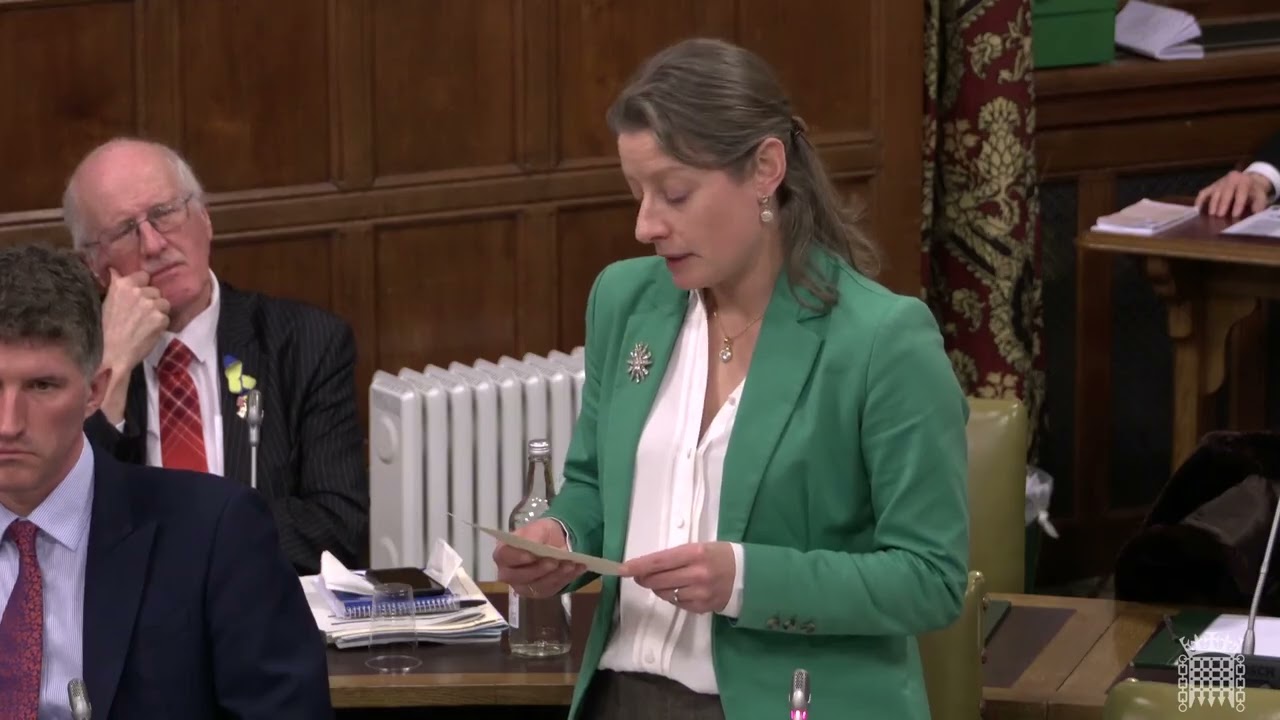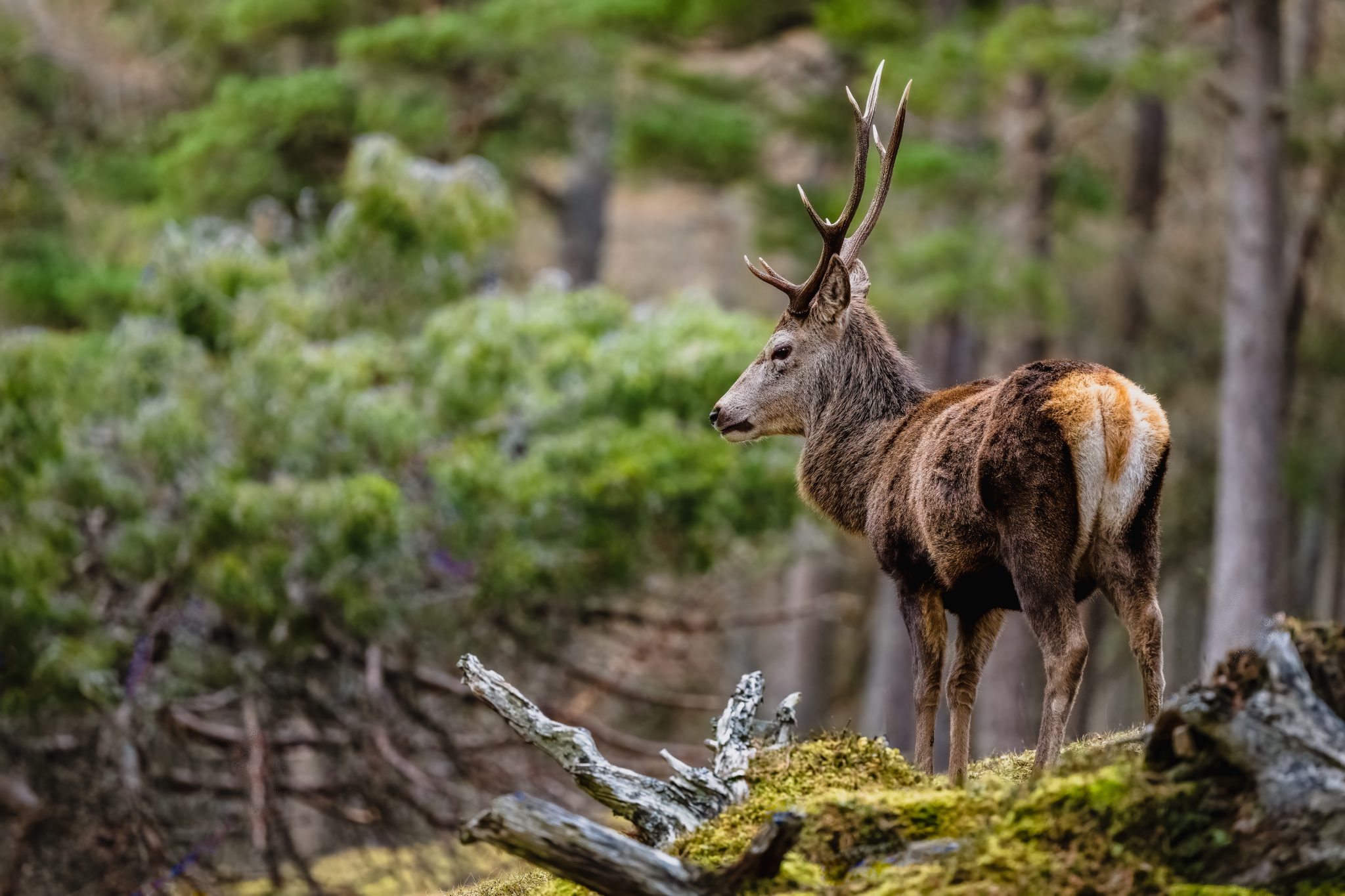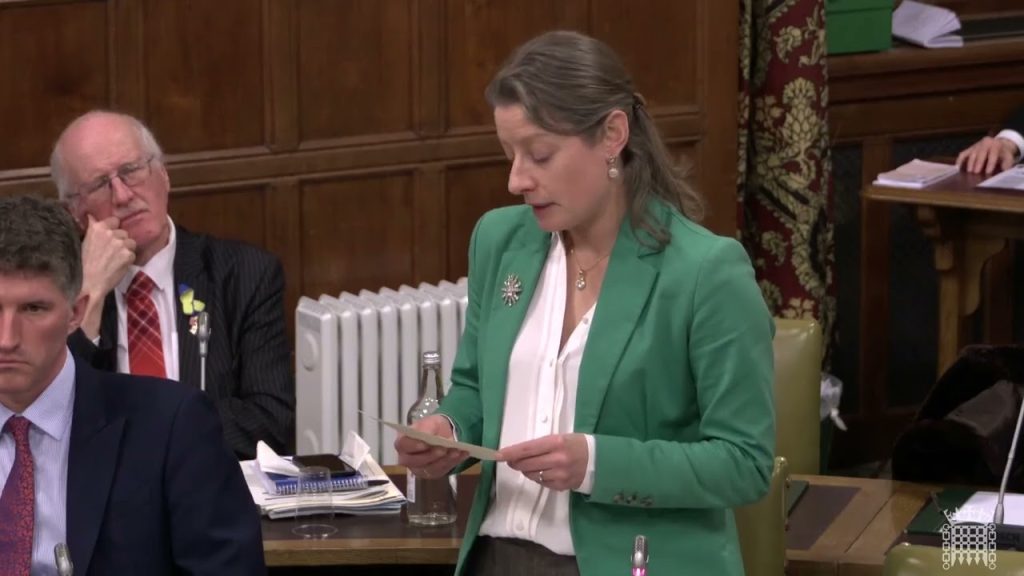The countdown is on for The British Shooting Show – book tickets online today and save on gate price!
Liberal Democrats reveal surge in wildlife crime
<strong>New figures from DEFRA show a dramatic rise in wildlife crime and charities accuse the police of ignoring the issue</strong>

Wildlife crime is on the rise, with thousands of incidents reported in the first half of 2009, the Liberal Democrats have revealed.
The information was released to Liberal Democrat MP and shadow environment, food and rural affairs secretary Tim Farron in response to a Parliamentary question to DEFRAs Huw Irranca- Davies on 21 July.
The Government revealed that 3,064 wildlife crimes were reported between January and July 2009, compared with 3,514 reported in the whole of 2008. Very few people are actually being prosecuted, however. Though 1,658 wildlife crimes were reported between April and December 2007 only 88 people were prosecuted for wildlife crimes in the whole of 2007, 56 of whom were found guilty.
The low priority given to enforcing our wildlife laws is letting offenders off the hook, said Mr Farron. He said that the Liberal Democrats recently published Our Natural Heritage: Policies on the Natural Environment, which includes proposals to clamp down on wildlife crime with stronger penalties and stricter enforcement. Though Labour postures as a champion of the environment, a failure to direct resources properly could threaten the survival of rare species. We need proper enforcement and stronger penalties to clamp down on criminals who are getting away scot free, Mr Farron added.
Crimes that have seen serious increases include badger persecution, habitat destruction,nest destruction and poaching.
BASCs Tim Russell commented that it is encouraging to see that there is political support for bringing in tougher sentences for people who commit wildlife crime, including poachers. Poaching is a serious crime, which affects many estates and shoots in the UK, so we would obviously support any measures that would help tackle this problem, he said.
The release of the information coincides with conservationists accusing police chiefs of ignoring wildlife crime. On 18 August, more than 100 organisations led by the RSPB called for a review of how police protect birds and animals.
The rest of this article appears in 26 August issue of Shooting Times.
What is YOUR opinion?
Join other ST readers in our forums to discuss your views.
Like this article? Mark this page on a social bookmarking website…
Related Articles
Get the latest news delivered direct to your door
Subscribe to Shooting Times & Country
Discover the ultimate companion for field sports enthusiasts with Shooting Times & Country Magazine, the UK’s leading weekly publication that has been at the forefront of shooting culture since 1882. Subscribers gain access to expert tips, comprehensive gear reviews, seasonal advice and a vibrant community of like-minded shooters.
Save on shop price when you subscribe with weekly issues featuring in-depth articles on gundog training, exclusive member offers and access to the digital back issue library. A Shooting Times & Country subscription is more than a magazine, don’t just read about the countryside; immerse yourself in its most authoritative and engaging publication.







